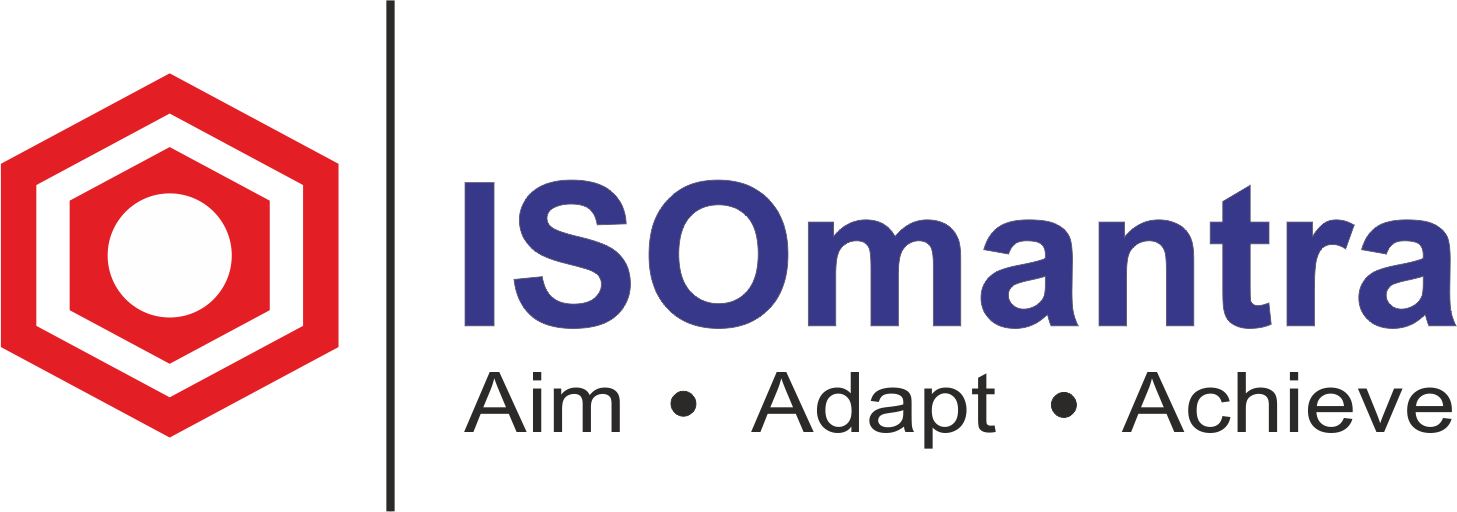
ISO 26000’s seven core themes
ISO 26000 advises organisations to develop their strategy around seven interconnected core social responsibility themes. This allows them to identify any relevant areas of action from which they can then decide priorities and implement measures.
Each basic subject is subdivided into action areas:
- Corporate governance
- Human rights: vigilance, avoidance of complicity, discrimination, civil rights, and so on.
- Labor practises: social protection, social dialogue, workplace health and safety, and so on.
- The environment: pollution avoidance, sustainable resource use, environmental and biodiversity protection, and so on.
- Ethical business practises: anti-corruption, fair competition, respect for property rights, and so on.
- Consumer issues: consumer health and safety, data protection and privacy, education and awareness, and so on.
- Community development and involvement: community involvement, job creation and skill development, social investment, and so forth.
Advantages
“An organization’s commitment to the welfare of society and the environment has become a crucial factor in judging its overall success and its ability to continue operating effectively,” according to the official document’s introduction.
Organizations can improve their reputation, competitive advantage, ability to recruit and keep personnel and clients, relationships with various stakeholders (investors, public authorities, suppliers, and even the media) by applying ISO 26000.
Applying the ISO 26000 standard to strengthen social responsibility is without a doubt a genuine investment in an organization’s overall performance.
The ISO 26000 represent
ISO 26000, which was introduced in November 2010, is the first true international standard on the issue of social responsibility. The standard was developed over five years of negotiations and represents a global consensus among many different stakeholders.
These guidelines are intended to assist organisations in both the public and private sectors, regardless of size or location, in translating social responsibility ideas into effective activities. Unlike management system standards such as ISO 14001 or ISO 9001, which are certified and can augment socially responsible practises, ISO 26000 is a set of guidelines rather than requirements, implying that the standard is not designed for certification.
ISO 26000 specifies the principles and issues that social responsibility embraces, in accordance with international founding texts such as the Universal Declaration of Human Rights and the fundamental treaties of the International Labour Organization. The standard, in particular, emphasises the idea of social responsibility, which is described as “an organization’s responsibility for the repercussions of its decisions and operations on society and the environment, through transparent and ethical behaviour.”

